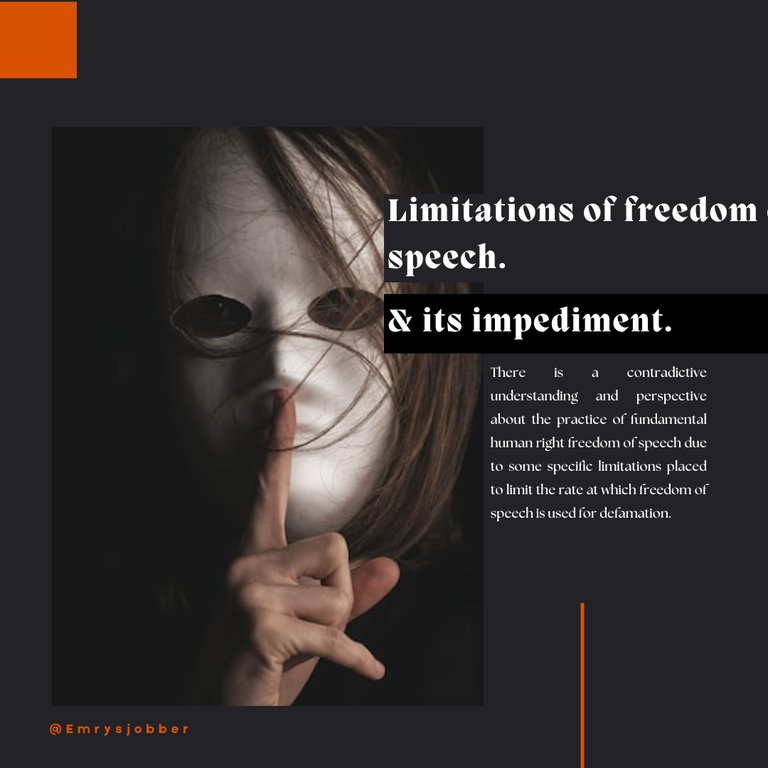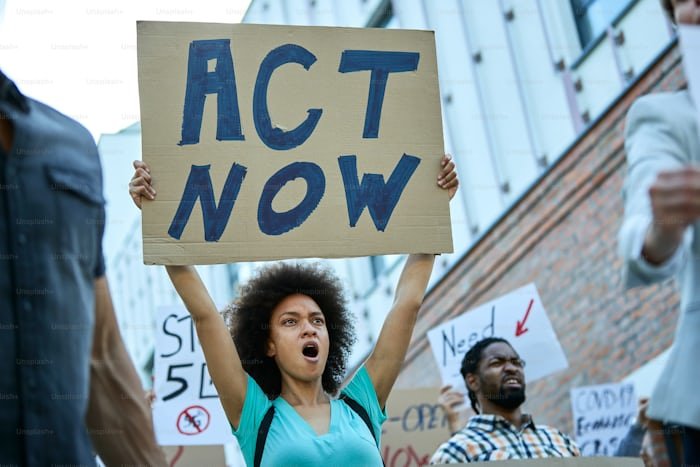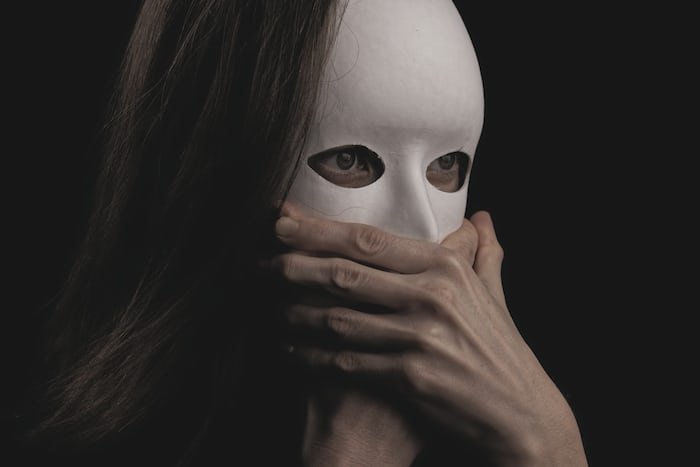
In this civilised era, one of the most emphasized fundamental human right of every citizen in a country apart from right to life is freedom of speech, though it is not really applicable to everyone in the globe. It is totally dependent on the kind system of government practiced in such a country. Freedom of speech which I understood to be the right of an individual to freely express his/herself in which ever he/she considers to be appropriate without the fear of being coerced/silenced or punished.
Despite how freedom of speech has become a symbol of liberation and a tool for revolution. which has been an effective weapon in the arsenal of most protestant, making governmental and private institutions wary of its capabilities in causing change in system of government or causing policy somersault. Due to this some limitations were placed to reduce the rate at which people can exercise this right.
Though the limitations of freedom of speech might seem reasonably and logical at first but to an extent it has deprived people the ability to express this right, which has invaded or corrupted the major essence of the foundation and establishment of this right in the first place. One of the opposing force that limits the capabilities of freedom of speech is defamation, which means an "untrue" spoken statement or written which is capable of or considered to have caused injury to a person/persons or an organisation/entity/institution reputation or social/public identity. In the simpler sense, An harmful spoken or written words capable of harming a person or an organisation. defamation is categorised into two, Libel (written words) & slander (spoken words).

Remember I quoted "untrue" in the definition of defamation above, this is where it gets complicated. The concept of truth is subjective and dependent on individual definition or interpretation, in court the only way to prove something is true is by backing it up with substantial evidence, which means you might know it is true but have no evidence to support your claim.
In some cases the defamatory word might be true based on evidence and facts but the plaintiff (a person that laid a complaint in court/ a person that sues another) might claim that the defamatory word/statement is made of private information, which makes it an invasion of privacy. Then the defendant (an individual being prosecuted or sued in court) will either plead guilty or provide a justification for his/her actions, for example the defendant can claim the information is beneficial to the public, which means he or she is performing public duty by exposing such information. Regardless of the justification or fact to support your claim not everyone escapes being sued for defamation and the consequences are very expensive.
Due to to this loop hole in the limitations to freedom of speech, which is mostly used by the elite against the masses or less privileged in court, it has forced a lot of people into silence because most people can't afford a lawyer or the consequences of being guilty of defamation. This has resulted to citizens totally forfeiting their fundamental human right of freedom of speech, this is also applicable to mass media both print and broadcast, that is why you notice that most news agencies are being careful with words especially when dealing with political figures.
I found out about an unfamiliar story about a man named Mr Jonathan Lee who was awarded recently the highest number of lawsuits in court by Guinness book of records, with a total number of 260+ people sued and he won. As in he sues anyone for anything especially on the grounds of defamation. Won't you be terrified of what to say to this person despite the fact that you are exercising your fundamental human right of freedom of speech. Even by mentioning his name I'm extremely terrified.

Based on the above explanation it can be deduced that freedom of speech is just a right stated on paper but not really applicable In reality, just like libertarian right of the press or mass media or the way some countries claim they are practicing democracy but they are not, So is freedom of speech. It is just a speculation, a make belief to make citizens feel they have a say in the affairs of the state and also make them feel better about themselves.
So when you say something like can we be stopped from exercising our freedom speech right or are we too scared or intimidated to use it? This is a little bit complex, since any state can not outrightly stop her citizens from expressing their thoughts {apart from military rule or lawless country} but specific rules and regulations can be put in place to intimidate the citizens which will affect the rate at which anyone can openly express their opinion. It seems stopping or intimidation seems to be working exactly the same way because they both have the same effect on the people and same result.
This write-up was inspired by weekly featured content titled "Right to free speech" in hive learners community.
Cover image - 𝖣𝖾𝗌𝗂𝗀𝗇𝖾𝖽 𝗎𝗌𝗂𝗇𝗀 𝖼𝖺𝗇𝗏𝖺
Image 1 - Source
Image 2 - Source


